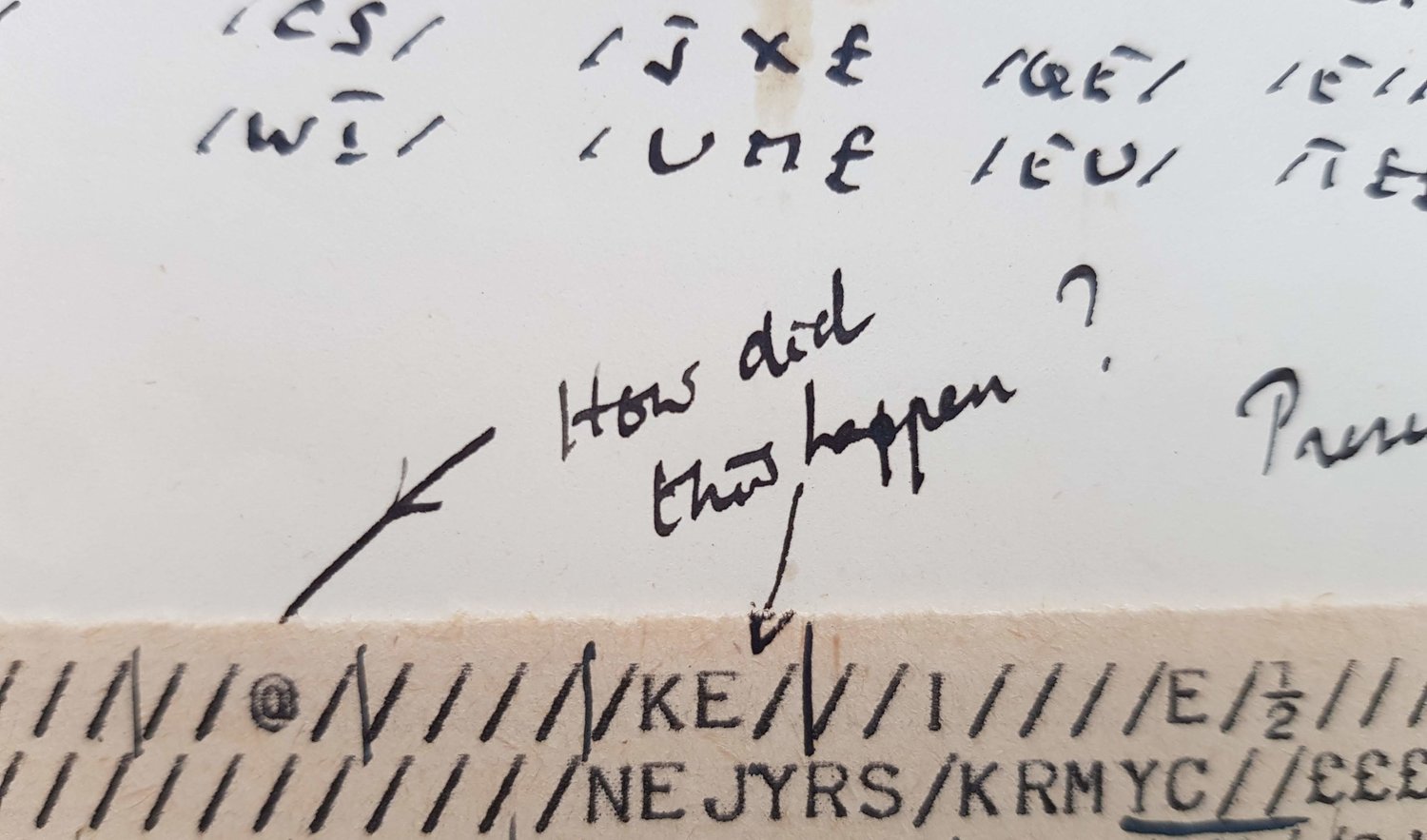June 2022: Thanks to everyone who helped the book on its way. The second printing is now available. You can’t buy a copy from here anymore, but you can now buy a copy from The History Press: the ISBN has changed to 9780750999946.
A delightful book, enjoyable for anyone with an interest in science or Manchester or its university, CTJ Dodson in The Mathematical Intelligencer.
I loved writing this book, the fruit of years of researching Alan Turing’s story. Most fascinating for me — and I hope, for you — were the remarkable men and women who surrounded him. So while this book is of course about Turing, it's more about Manchester, and what it was like to make new friends and lovers in the smog-bound, bombed-out city of 1948. On the way, I slip in some of the mathematics, computing and biology that brought me to Turing in the first place, so there’s artificial life here. But real life too. — Jonathan Swinton.
Alan Turing's Manchester is beautifully conceived and written. Professor Marjorie Senechal, author of I Died For Beauty.
Manchester is proud of Alan Turing but does it deserve to be? Alan Tiuring’s Manchester book explores the complexity of the city that Alan Turing encountered in 1948. It’s about much more than Turing as a mathematician, covering wire-women, Wittgenstein and the daisy. This book takes you across the city of Manchester, from Hale to Moston, via the Festival of Britain and the seminar rooms and pick-up sites of the Oxford Road. It is a richly illustrated account of lives lived — and one life ended tragically early — in a post-war Manchester busy creating the computer.
Atmospheric and informative. The whole book, as a good read, will appeal to anyone whose heart is in Manchester. Professor Simon Lavington, author of Early British Computers.
What Turing achieved in Manchester alone, in artificial life and machine intelligence, is enough in its own right to secure him a place in history. But Manchester was also the site of a relationship which, when disclosed to the suburban police, caused him to be prosecuted and convicted for a sexual act which is today no crime. Twenty-seven months after his public guilt was pronounced, he was dead by his own hand.
Your narrative writing is a pleasure — you make it look effortless but I know how hard it is to integrate so many facts and ideas into ‘story-telling’. Dr Andrew Hodges, author of Alan Turing: The Enigma.
This is a book about the people one might have met in Turing’s Manchester. It records the patronage of older men, triumphant from the successful prosecution of a scientific war, who could provide time to think and valves to think with; book-chats with a frustrated but sharply literary housewife and board-game sessions with young academic families; lunchtime speculations with the botanist hungry for a systematic biology and with the chemist refugee from totalitarianism who abhorred systematisation of science; the successful brain surgeon whose pomposity camouflaged unignorable fears; the proud inheritors of a local but world-class engineering tradition, still gruffly defensive about class; the younger men – and women – learning to become the first generation of hackers and futurists; the grammar schoolboy runner and, albeit on the margins of the historical record, the young working class men of the Oxford Road cruising sites. There are marginal glimpses too of those one might not have met: the Special Branch bag searchers, the MI5 analysts, the GCHQ code-breakers.
Enjoyable and approachable, fully illustrated and packed with interesting details. Dermot Turing, author of Prof: Alan Turing decoded.
Please let me know about any mistakes you notice. The publishers are keen to acknowledge and attribute copyright correctly. Any new information received, and other corrections to the book, will be published here.


